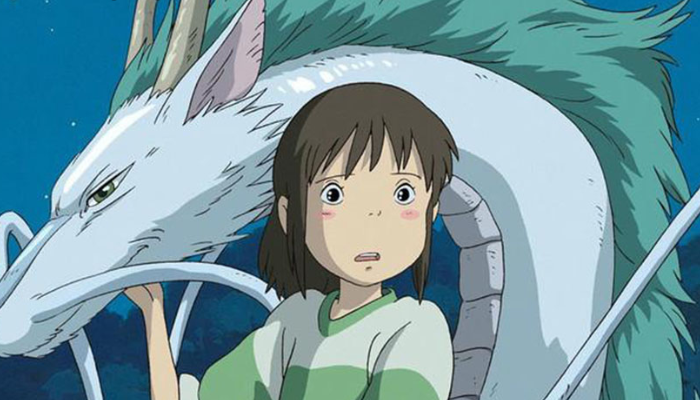Hentai, a genre of Japanese anime and manga characterized by explicit sexual content, has long been a subject of intrigue, cultural examination, and controversy. Originating from the Japanese word meaning “perverse” or “strange,” hentai has evolved from its early depictions in traditional Japanese art to a significant, albeit controversial, segment of modern media. This article delves into the cultural impact and controversies surrounding hentai, examining its place in contemporary society and media. Discover a world of captivating and alluring content on hentai3z. Explore a vast collection of enticing anime and manga-inspired art and stories.
The Cultural Impact of Hentai
Hentai has significantly influenced various aspects of both Japanese and global popular culture. Its presence in manga and anime has opened discussions on sexuality, censorship, and artistic expression. In Japan, hentai is often viewed through a different cultural lens compared to Western societies. It is seen as a part of the broader manga and anime culture, which includes a wide array of genres catering to diverse audiences. This inclusion has fostered an environment where sexual content in art is not as stigmatized as it might be in other cultures.
Moreover, hentai has contributed to discussions on sexual norms and behaviors. It explores themes and fantasies that might be considered taboo or controversial in mainstream media, offering a space for exploring human sexuality in a fictional and often exaggerated context. This exploration can sometimes challenge societal norms and provoke dialogue about what is considered acceptable or taboo.
Hentai has also impacted the global anime community. With the rise of the internet, access to hentai has increased, leading to a growing international audience. This global reach has spurred conversations about cultural differences in the perception of sexuality and explicit content, highlighting the varying levels of acceptance and regulation across different societies.
Controversies Surrounding Hentai
Despite its cultural impact, hentai is not without significant controversy. One of the primary concerns is its depiction of extreme and sometimes violent sexual content. Critics argue that certain portrayals in hentai can perpetuate harmful stereotypes and normalize behavior that is unacceptable in real life. This includes the depiction of non-consensual acts, which raises ethical concerns about the consumption and potential influence of such content.
Another major controversy is the issue of censorship and regulation. In Japan, hentai is subject to strict censorship laws that mandate the pixelation or blurring of genitalia. However, the extent and nature of censorship can vary widely across different countries. In some places, hentai is outright banned, while in others, it exists in a legal gray area. This inconsistency in regulation reflects broader societal tensions about freedom of expression versus the need to protect societal norms and individual well-being.
Furthermore, the accessibility of hentai to younger audiences is a significant concern. With the rise of digital media, it has become easier for minors to access explicit content, raising questions about the effectiveness of age verification systems and parental controls. This accessibility issue underscores the need for robust digital literacy education and better regulatory frameworks to protect vulnerable populations.
Hentai in the Modern Media Landscape
In the context of modern media, hentai occupies a unique and often contentious space. It is a significant part of the adult entertainment industry, with dedicated platforms and a substantial consumer base. The genre’s presence in mainstream media is limited but growing, with references and parodies appearing in more conventional entertainment forms. This crossover can sometimes blur the lines between niche and mainstream media, challenging perceptions and sparking debates about the boundaries of acceptable content.
Additionally, the discussion around hentai has been amplified by social media, where diverse viewpoints can converge and clash. Online platforms provide spaces for both supporters and critics to voice their opinions, leading to vibrant, if sometimes contentious, discussions about hentai’s place in modern society.
Conclusion
The cultural impact and controversies of hentai in modern media illustrate the complex relationship between art, sexuality, and society. While hentai has undeniably influenced popular culture and opened discussions on various sexual themes, it also raises significant ethical and regulatory challenges. As digital media continues to evolve, the debates surrounding hentai are likely to persist, reflecting broader societal questions about freedom of expression, cultural differences, and the impact of explicit content on individuals and communities.





















Comments